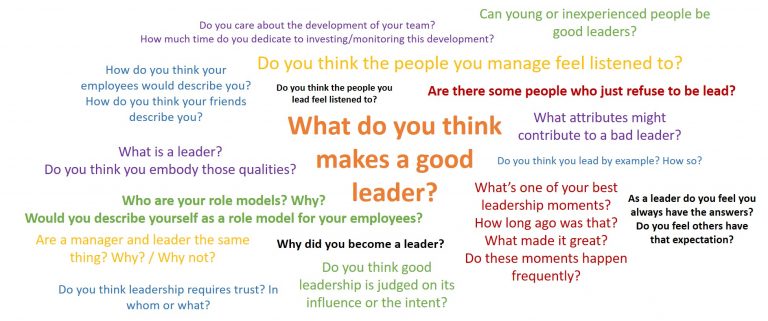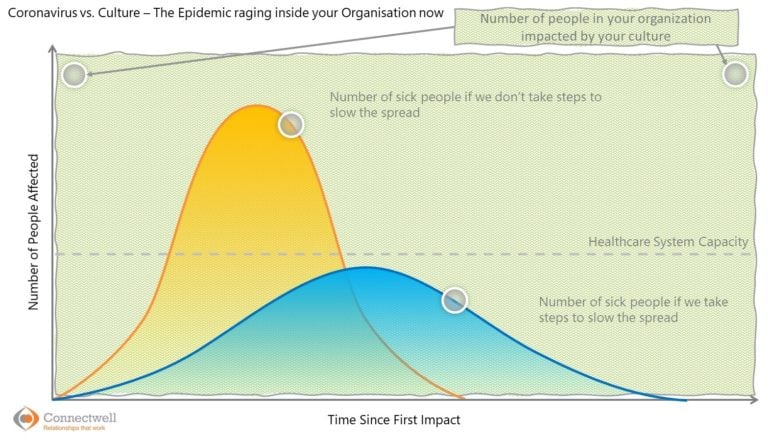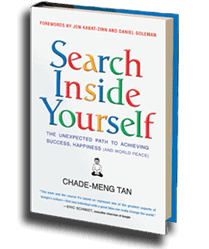Overriding Nurture: Habits to Unlearn that get in the way of Powerful Listening

There are a few universal experiences that make us feel good to the bone, and that transcend all of our differences. Being genuinely and intently listened to, seen, and understood, is one of them. Part of the reason why it feels so good is that those moments and experiences are rare, so when they do happen, we feel them with all of our senses and the memory of them is salient. I can think of a few. Can you?
Then there are other moments where the opposite happens, yet the law of universality still remains. Feeling completely not listened to, unheard, and misunderstood is a common occurrence in both personal and professional life. And while some things naturally get better with age and experience, the ability to be a truly great listener certainly does not unless you give it attention and effort. While it is not entirely rare to witness destructive, ineffective, and poor dialogue and conversations largely the result of poor listening, it does stick out like a sore thumb and makes me question, admittedly naively, how people in many senior positions can get to where they are with such poor listening and communication skills; interrupting, assuming, disregard, changing the topic, and rigidity of thought are a few tell-tale signs.
Fortunately though, long are the days where being a good listener is the innate skill of therapists, counsellors, and coaches. Being able to listen in its purest form is a skill that can be learned with wilful intent and mindful practice. Mindful practice, however, is a two-part process. To practice what is good, we first need to be aware of what isn’t. We need to understand what tends to stop us in our tracks and sabotages our efforts to implement the tips and tricks that we learn in a training room or read in a How-To-Be-A-Better-Listener article. Contrary to popular belief, powerful listening is much more about managing yourself than it is about focusing on the other.
Overriding Nurture: 6 communication habits we can start to unlearn to become better listeners
1. Being Right. Once upon a time the masses were taught in school that putting your hand up meant that you were the smart one with the right answers. From an early age in school, we were socialised to “be right” and praised and acknowledged when we were, and the impact of this extends into our adult lives. When we let go of the need to always be right or appear ‘top of the class’, we can tone down the inner dialogue that’s frantically trying to come up with the most quick and clever answer, and actually focus on and listen to what the other person is saying.
2. Looking Good. A bedfellow of Being Right, the desire to look “good” (smart, of good character, experienced, amicable, collegiate…) can lead us to jump into conversations and rationalise, justify, defend, and disagree to things that contradict our position. There is a time and place for rationalising, and there is a time and place for taking what is and not perpetuating a conversation that seeks only to argue the accuracy of a point, rather than discuss the bigger issue or essence of the dialogue. By letting go of the need to look good, you become less hooked or triggered by isolated points in a conversation and instead, listen and importantly, hear and understand, the person’s bigger message.
3. Listening to Respond. Stephen Covey coined the phrase ‘seek first to understand, then to be understood’. A cousin to Looking Good, listening to respond leaves us half in the dialogue and half out. The half that’s out is that which is conducting deep analysis to come up with an answer. You can often tell this is happening when there doesn’t feel to be a moment’s breath between what you’ve said and the speed at which someone has responded. I have also found that when this happens, often the essence of the whole message is nowhere to be found.
4. Filling in the Gaps. We are again socialised as adults to be productive, busy, and efficient, and to be able to do that, gap-filling becomes a prized skill. Our brains take mental shortcuts to gap-fill and create a full picture with only pieces of information. The danger is that we can fall into the land of assumptions and draw conclusions and make important decisions on an inaccurate or only half-complete truth.
5. Filling Silence. Many feel completely uncomfortable with silence. There are so many unknowns, and some feel uneasy with not being in control of the direction a conversation is taking. Many fill silence to buy themselves time to think. But when we fill silence with nothing of substance then we lose the ability to reflect on what’s not being said, on their body language or facial expression that reveal their sentiment about something, their mood and energy they give off, and so on. A lot of subtle but revealing cues are missed when the need to fill silence overrides the value to give space and listen (with your eyes and gut) to what is happening in the moment.
6. Being a Hero/Saving the Day. Some people are predisposed to wanting to fix and find solutions. While often well-intended, we forget that many times, people first just want to be seen and heard; to express what they are thinking and feeling without judgment and interruption. It is sometimes hard to be on the receiving end and not interject with a plethora of ideas and solutions that you think will help them. There is a time and place for this, but great listeners listen with their ears, eyes and gut to know when it’s time to generate solutions and when it’s time to simply give space for the other to free-flow. Often you will find that they are able to find solutions to their own problems simply by having an opportunity to think and talk something through with a supportive pillar by their side.
Which of the above are you most guilty of? We can become better listeners by first starting to notice our habits with the above. Listening is a skill in self-management; it’s less about how to better focus on the other, and much more about how to notice and manage yourself. When you’re more aware of why a stream of words are coming out of your mouth, you can be in more control of what does, when, and why, and be in more control of your thoughts and speech in order to listen genuinely and intently to someone else. The experience of being truly listened to, seen, and understood is powerful beyond measure.
Written by Tiffany Missiha






